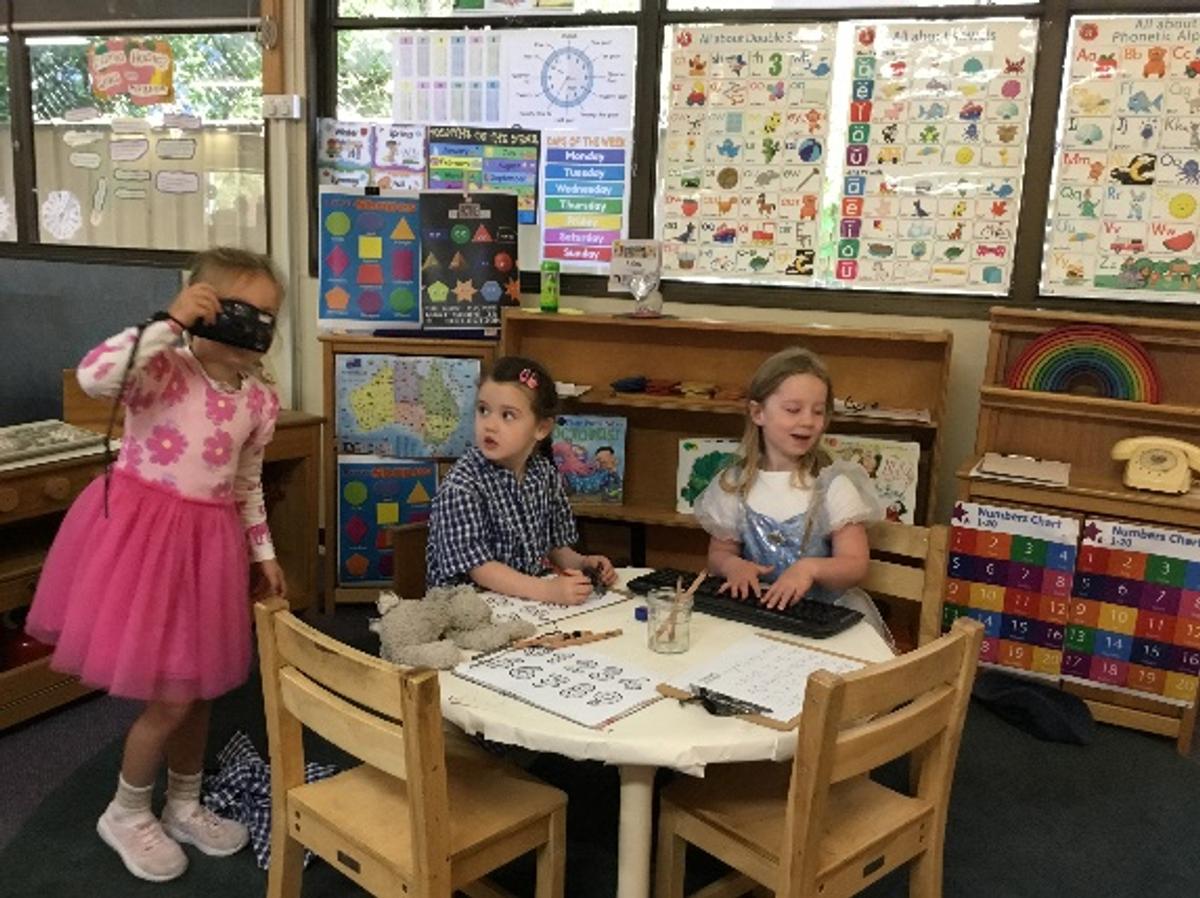Glen Education Carnegie

Transitions
By Glen Carnegie Educational Team
Transitions are about relationships and involve consistency and change…. building resilience as children move between contexts
(VEYLDF, 2016, p.23).
Our second-year children will be starting their school next year and they are all excited to take the next step in their life.
When children start their kindergarten year, one of the goals for us is to build resilience in children and our program and the environment reflects this. We want our children to thrive and face everyday challenges. Resilience is a skill that can be learned, and we firmly believe that everyone should learn this critical skill from as early an age as possible.
With children spending a lot of time at home their carers / parents play an important part in their emotional development. Introducing strategies for your child to develop emotional and socially, high-quality relationships – both within and outside a child’s family is critical to children’s resilience.
We can help children as they are learning to be responsible by listening to them. Engaging with them, accepting who they are and identifying their strengths. We want them to be empowered to find their own solutions by encouraging problem solving and turn taking.
As a kindergarten adjacent to Carnegie Primary School, transitions to school are embedded in the day-to-day practices and values at Glen Carnegie Kindergarten. From morning drop-offs, to visiting and sharing the bush-kinder and football oval during the daytime, children at Glen Carnegie Kindergarten are privileged to observe the natural routines and transitions process of older siblings and primary school children going about their daily lives. This helps to make the transition process of starting school less daunting and an unknown event, and instead a natural progression of our multi-age learning program that emphasis learning and transitions as on-going processes for all ages.
We have been incorporating school readiness activities into our daily routine, such as practicing writing names, recognising letters and numbers, and following multi-step instructions. Additionally, we have organised visits to local schools to familiarise children with the school environment and routines.
We communicate regularly with families through newsletters, parent-teacher meetings, and informal conversations. We also provide resources and tips on how they can support their child’s transition at home, such as establishing a consistent morning routine and encouraging independence in daily tasks.
Educators have continued to witness many children’s curiosity, resiliency and confidence in getting ready for transition to school. From the children’s own self-initiated role-playing games (as they embody roles such as ‘big kids’ at ‘big school’ or the role of ‘teacher’ at group time setting the expectations and norms of collective learning, respect and reciprocity), to continuing to build connections and intentional learning experiences with children and families.
Children learn to take care of their belongings, pack their own bags and if needed to change their clothes. They are encouraged to do it by themselves and are aware that they can ask for help if needed. We will continue to work with children, families and the wider school community to ensure the excitement and processes of starting school is recognised as a significant life experience, and children are supported as they work through their thoughts, hesitations and feelings as term 4 progresses.
Introducing more structured group activities that require children to take turns, listen to instructions, and work collaboratively. We are also setting up specific learning stations that encourage focused, independent play, such as a quiet reading corner and a puzzle area.
Tailoring our activities to meet the diverse needs of our children by offering differentiated tasks and providing additional support where needed. For example, older children might engage in more complex problem-solving activities, while younger children receive more guidance and encouragement. We also ensure that our environment is inclusive and supportive, fostering a sense of belonging for all children.
We hope this fosters shared excitement and tangible opportunities for all children to learn more about the transition to school processes, and we continue to look forward to hearing about the children’s schools; their aspirations, ideas and feelings about what is ahead of them, and remind them of their strong relational skills, ingenuity and capacity to adapt and learn in different contexts through building strong friendships and support that extend beyond Glen Carnegie Kindergarten.

